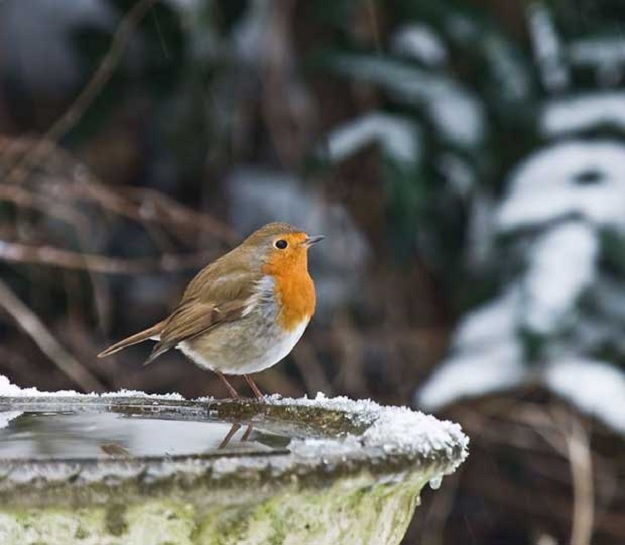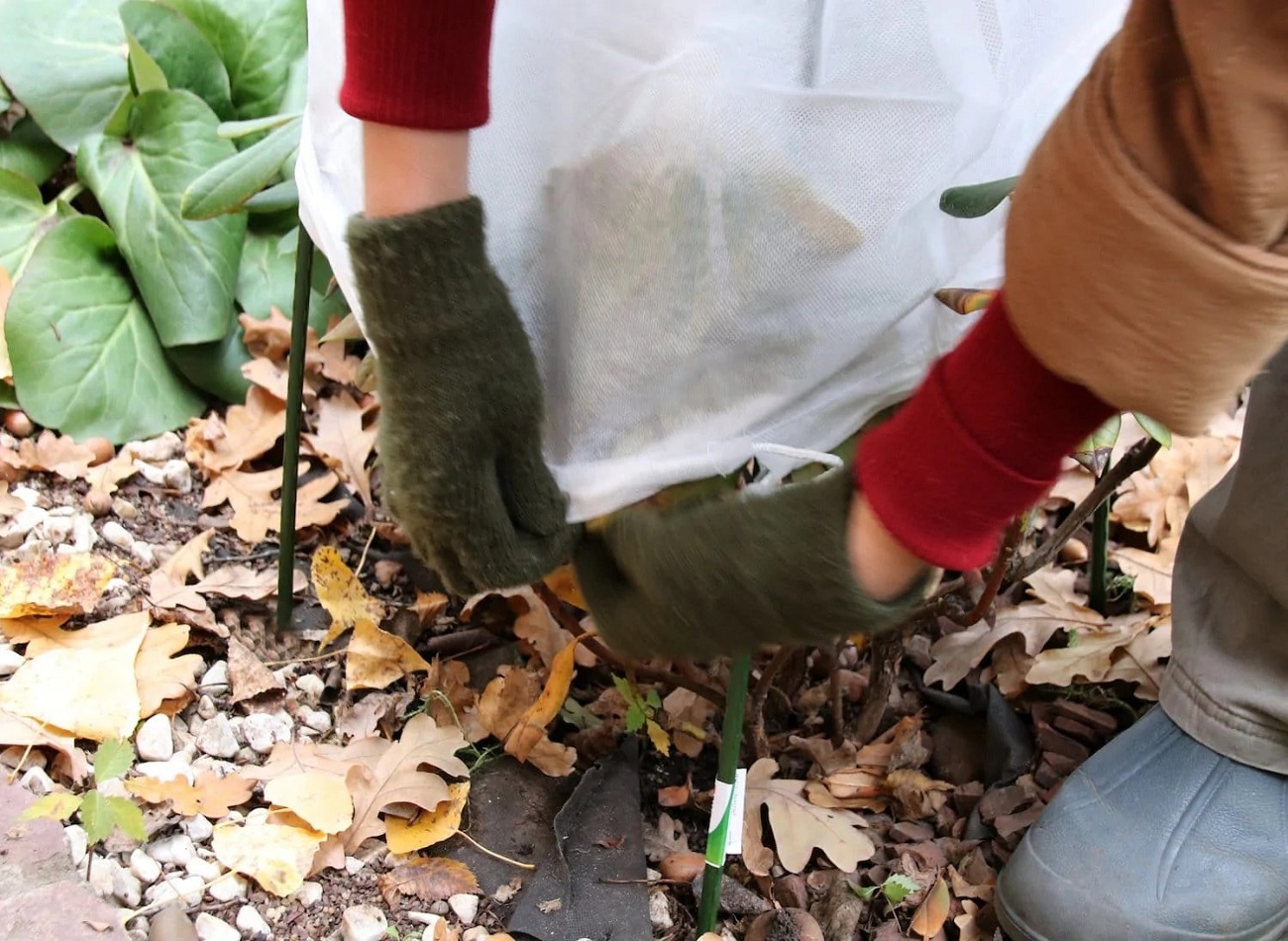While winter is the perfect time to envision, plot, and organize your garden for the following year, you can still do a number of things in the garden to ensure its health and growth right through the cold season.
Here are 10 things you can do to keep your green thumb alive and well even in the dead of winter.
Look for signs of mold and moisture on stored bulbs and tubers
Dormant bulbs and tubers like canna lilies, elephant ears, and tuberous begonias need to be checked once a month to make sure they are remaining wet and no mold has developed.
Don’t let moldy roots spread to the rest of your supply, and don’t let dry roots go to waste; spritz them with water before putting them back in storage.
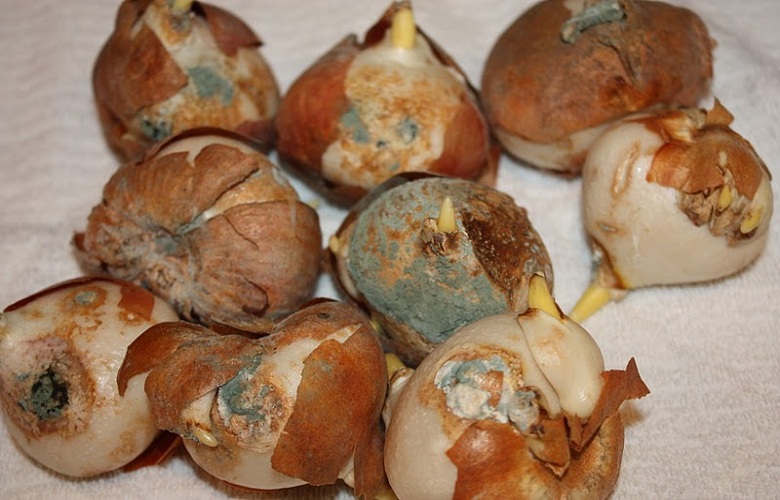
Water any containerized plants that are overwintering outdoors under cover
When overwintering plants in containers outdoors under cover, it is just as critical to keep the roots of the plant consistently moist as it is with bulbs and tubers.
Lightly water them once a month, or cover the soil with snow if it hasn’t frozen. You still want to make sure the plants’ roots have access to water and nutrients even when they aren’t actively developing.
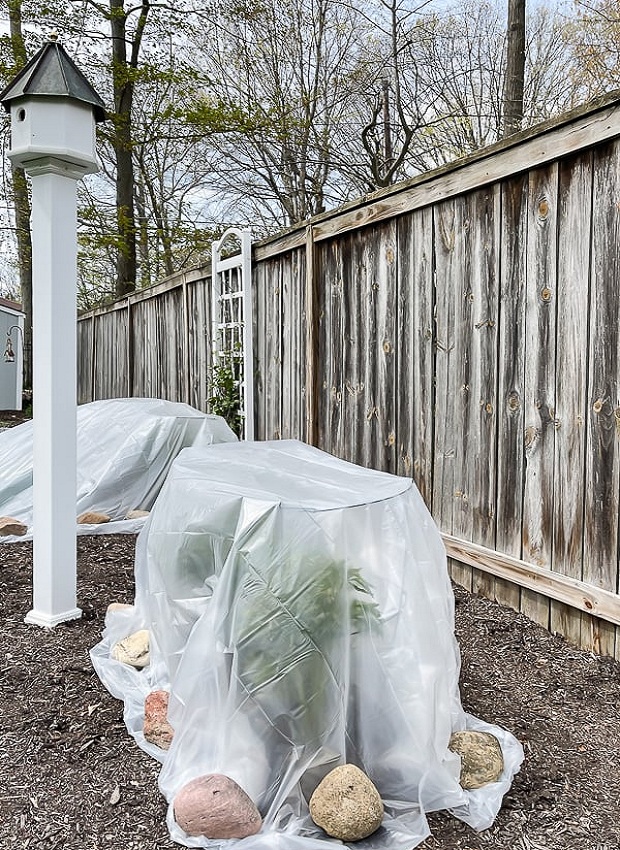
Reapply mulch to the garden or cover vulnerable plants with evergreen boughs
Winter mulch is especially helpful for newly planted perennials, young broadleaf evergreens like azaleas, and plants that are only partially hardy in your zone.
Increase the plants’ chances of surviving the winter and not being uprooted by freeze-thaw cycles by protecting their roots and foliage from harsh winter winds.
In the early spring, when the weather warms up, remove the winter mulch so the plants can resume growth.
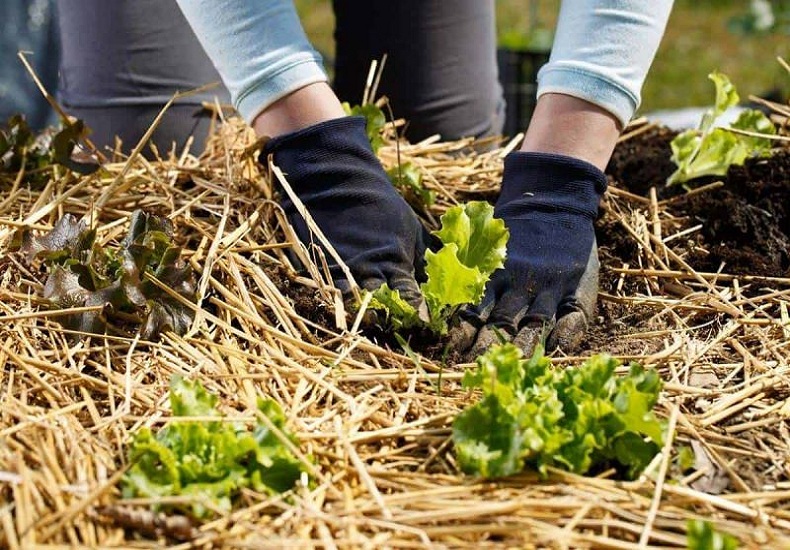
If required, reapply animal repellents
Deer, rabbits, and other garden pests will eat your woody plants and roots once the leafy green foliage and fall fruits have been eaten.
After all, they have to eat in the cold as well. Inspect the bark and the base of young trees, low-branched shrubs, and evergreen plants of all types for signs of damage.
Reapply animal repellant as needed throughout the winter months to avoid further damage.

Keep bird baths and other water features at a comfortable temperature
If you have a pond or bird bath with a heater in it to keep the water from freezing over during the winter, check on it regularly to make sure the ice is melting.
Heaters are notorious for breaking down during the coldest months, and you want to keep your premium koi fish safe and the birds hydrated.
In the event ice forms across the pond, carefully create a hole or pour hot water over a section to melt the ice and restore oxygen flow.
